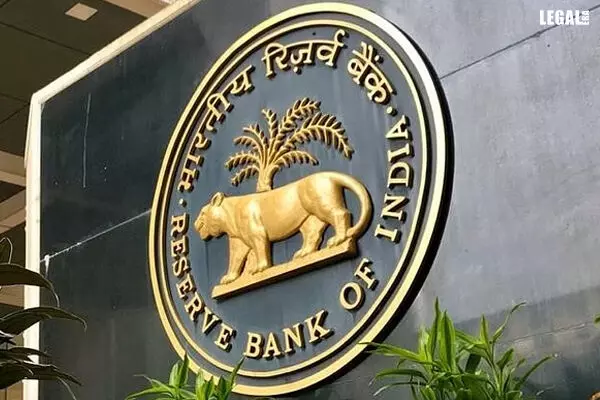- Home
- News
- Articles+
- Aerospace
- Agriculture
- Alternate Dispute Resolution
- Banking and Finance
- Bankruptcy
- Book Review
- Bribery & Corruption
- Commercial Litigation
- Competition Law
- Conference Reports
- Consumer Products
- Contract
- Corporate Governance
- Corporate Law
- Covid-19
- Cryptocurrency
- Cybersecurity
- Data Protection
- Defence
- Digital Economy
- E-commerce
- Employment Law
- Energy and Natural Resources
- Entertainment and Sports Law
- Environmental Law
- FDI
- Food and Beverage
- Health Care
- IBC Diaries
- Insurance Law
- Intellectual Property
- International Law
- Know the Law
- Labour Laws
- Litigation
- Litigation Funding
- Manufacturing
- Mergers & Acquisitions
- NFTs
- Privacy
- Private Equity
- Project Finance
- Real Estate
- Risk and Compliance
- Technology Media and Telecom
- Tributes
- Zoom In
- Take On Board
- In Focus
- Law & Policy and Regulation
- IP & Tech Era
- Viewpoint
- Arbitration & Mediation
- Tax
- Student Corner
- AI
- ESG
- Gaming
- Inclusion & Diversity
- Law Firms
- In-House
- Rankings
- E-Magazine
- Legal Era TV
- Events
- News
- Articles
- Aerospace
- Agriculture
- Alternate Dispute Resolution
- Banking and Finance
- Bankruptcy
- Book Review
- Bribery & Corruption
- Commercial Litigation
- Competition Law
- Conference Reports
- Consumer Products
- Contract
- Corporate Governance
- Corporate Law
- Covid-19
- Cryptocurrency
- Cybersecurity
- Data Protection
- Defence
- Digital Economy
- E-commerce
- Employment Law
- Energy and Natural Resources
- Entertainment and Sports Law
- Environmental Law
- FDI
- Food and Beverage
- Health Care
- IBC Diaries
- Insurance Law
- Intellectual Property
- International Law
- Know the Law
- Labour Laws
- Litigation
- Litigation Funding
- Manufacturing
- Mergers & Acquisitions
- NFTs
- Privacy
- Private Equity
- Project Finance
- Real Estate
- Risk and Compliance
- Technology Media and Telecom
- Tributes
- Zoom In
- Take On Board
- In Focus
- Law & Policy and Regulation
- IP & Tech Era
- Viewpoint
- Arbitration & Mediation
- Tax
- Student Corner
- AI
- ESG
- Gaming
- Inclusion & Diversity
- Law Firms
- In-House
- Rankings
- E-Magazine
- Legal Era TV
- Events
RBI issues discussion paper on securitisation of stressed assets framework

RBI issues discussion paper on securitisation of stressed assets framework
It announced last year of its intent to introduce a new structure
The Reserve Bank of India has released a discussion paper on securitisation of stressed assets framework. It would lead to the creation of another alternative for lenders for resolving loans.
Until now, securitisation was allowed only in the case of standard assets, while for bad assets, lenders largely relied on Asset Reconstruction Companies (ARC). It involves the pooling of loans and selling them to an entity so that the lender gets liquidity upfront on the originated assets.
In September 2022, RBI announced its plan to introduce a new framework in addition to the ARC route. The deliberations had begun in 2019 as per the recommendations made by the Task Force (constituted by the central bank) on the Development of a Secondary Market for Corporate Loans.
The discussion paper said the main difference between the securitisation of stressed assets and the standard assets was related to the lower degree of certainty of cash flows from the underlying pool in the case of stressed assets.
The extent of involvement of third-party expert entities or 'Resolution Managers' and their role in the resolution of the underlying assets was also among the differentiating features.
According to the paper, the investors were exposed to the risk that the workout of the resolution exercise may not generate sufficient recoveries to cover the net value of the transferred underlying assets.
It mooted a set of questions for discussions, beginning with whether the framework should apply only for loans recognized as Non-Performing Assets (NPAs), or it should include loans in categories like special mention accounts or tagged as standard assets.
Globally, the Securitisation of Stressed Assets Framework (SSAF) is a relatively new concept. The European Union and the UK introduced some regulations around it.
Meanwhile, the public has been asked to submit its comments and suggestions on the discussion paper by February 28.




